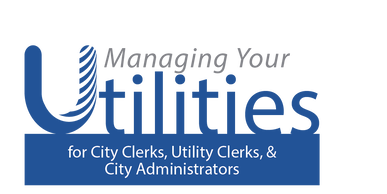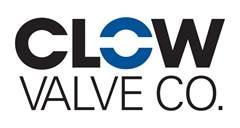Background Information:
Although the new standard, 29 CFR 1926 Subpart CC, specifically exempts the digger derrick and the operator from meeting the requirements of the standard, the exemption applies only when it is used for work within the provisions of the power generation, transmission and distribution standards, or for construction work within the telecommunications standard. The exemption does not apply if the digger derrick is used for lifting materials or to operate in working environments outside the scope of the standard because the equipment is essentially being used as a mobile crane. For example, unloading materials from a truck, lifting a motor from a pump house to assist your water department, or providing assistance to any other city department will mean that the exemption no longer applies. When equipment is used as a mobile crane, all provisions of the standard apply, including the operator certification rule. OSHA also now requires that an operator be certified in specific areas when they operate equipment outfitted with a boom and winch and able to lift at least 2,000 pounds. This includes service trucks in your public works, or water departments.
The new standard has very specific operator requirements, one being to obtain operator certification from an independent testing organization accredited by a nationally recognized organization. OSHA’s updated crane standard, 1926.1427 in Subpart CC, requires that for a testing organization to be considered accredited to certify operators, it must be accredited by a nationally recognized accrediting agency based on that agency’s determination that industry recognized criteria for written testing materials, practical examinations, test administration, grading, facilities/equipment and personnel have been met. IAMU is an Accredited Assessment Center through the National Center for Construction Education Research (NCCER). We are authorized to conduct both hands-on assessments and practical examinations which are part of our Mobile Crane Operator Certification Program. Additionally, we are offering Qualified Hand Signal Person and Qualified Rigger programs (available at a future date).
Who Should Attend:
Digger derrick and service truck crane operators who do not currently hold a mobile crane operator’s certification.
What Do These Classes and Certification Consist Of:
Classes will be a week long, requiring classroom instruction, an on-line exam that has a 80% pass requirement, a practical exam for certification of mobile crane, and then finally a short class and practical exam for the signalperson and rigging qualifications. Students who pass the written and practical exams receive nationally recognized certification from the National Center for Construction Education Research (NCCER).
Where Do These Classes Take Place:
IAMU Training and Office Complex
1735 NE 70th Avenue
Ankeny, IA 50021
When Will Classes Be Held:
Dates have been scheduled for 2019 at the IAMU complex (unless otherwise noted). Please click HERE or visit the IAMU website for available dates.
August 19-23
October 7-11
December 9-13
Mobile Crane Operator Certification/Examination Class Schedule:
Class Day
Times
Classroom/Exam
Monday & Tuesday
9:00 to 4:30 p.m.
Classroom
Wednesday
8:00 to 4:30 p.m.
Classroom/Exams
Thursday
8:00 to 4:30 p.m.
Practical Exams
Friday (if needed)
8:00 to 4:30 p.m.
Retake Exams
Class/Exam
Examination retakes are $100 and may be taken during any scheduled exam date.
Additional Notes:
- Registration for all dates is open
- There is a maximum of 12 participants per class session.
- Lunch will be provided Monday through Thursday.
- All participants will attend classroom days. Exams will take place on the Thursday of each class session. Depending on the number of participants, Wednesday evening and Friday may also be used for exams.
- Each participant will need to create an account with NCCER before class; step-by-step instructions are included with the study guide. Please bring your account number with you to class.
Cancellation Policy:
IAMU will issue a full refund for a registration cancellation up to 30 days prior to class date. Cancellations within 30 days of class date will result in a refund less a $50 cancellation charge per registration.
If unable to attend, IAMU will allow a registration to be transferred within the same organization for the registered class date at no additional charge.
Questions?
If you have any questions in regards to the classes, or requirements, please contact:
Margret Meade, IAMU Safety Specialist ([email protected])
Phone: (800) 810-4268






 RSS Feed
RSS Feed
